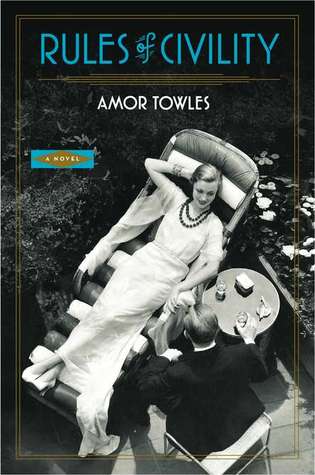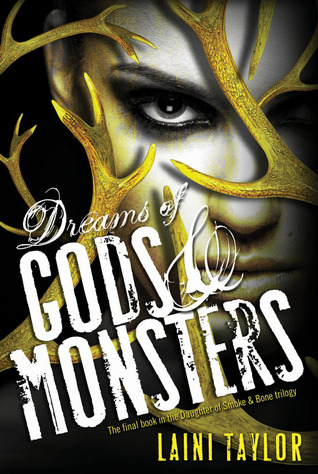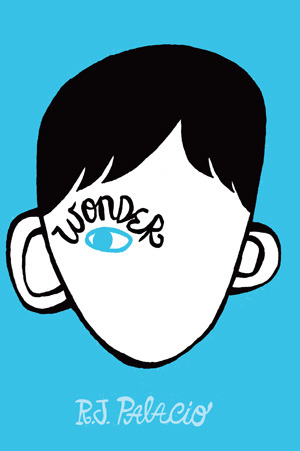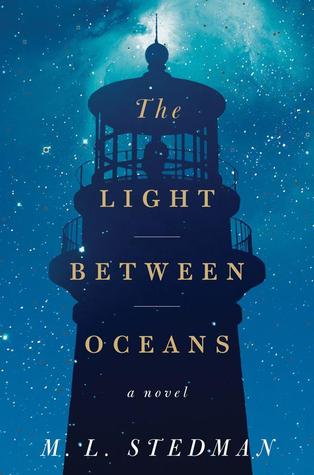Rules of Civility by Amor Towles
Summary (Courtesy of
Goodreads):
On the last night of 1937, twenty-five-year-old Katey Kontent is in a second-rate Greenwich Village jazz bar with her boardinghouse roommate stretching three dollars as far as it will go when Tinker Grey, a handsome banker with royal blue eyes and a tempered smile, happens to sit at the neighboring table. This chance encounter and its startling consequences propel Katey on a yearlong journey from a Wall Street secretarial pool toward the upper echelons of New York society and the executive suites of Condé Nast--rarefied environs where she will have little to rely upon other than a bracing wit and her own brand of cool nerve. Wooed in turn by a shy, principled multi-millionaire and an irrepressible Upper East Side ne'er-do-well, befriended by a single-minded widow who is a ahead of her time, and challenged by an imperious mentor, Katey experiences firsthand the poise secured by wealth and station and the failed aspirations that reside just below the surface. Even as she waits for circumstances to bring Tinker back into her life, she begins to realize how our most promising choices inevitably lay the groundwork for our regrets.
So I don't exactly remember where I first heard about this book, but I do remember it popped up in several places all at once the same day I was filling up my holds request list at my library, so this one was on the brain and I decided to add it to the list.
I didn't necessarily think I was going to love it. Actually, I was pretty sure I was going to hate it.
You see, this book is touted as a sort of
Great Gatsby wannabe, and call me crazy, but I really dislike F. Scott Fitzgerald. I know, I know, as a former English teacher that's practically blasphemous for me to admit, but it's true. I just find his portrayal of the American dream so sad and empty and depressing. I find his characters shallow and vapid and morally reprehensible. I don't relate to those people at all.
But I do recognize that Fitzgerald was a pretty incredible writer, and I do understand why
The Great Gatsby is considered a classic, so I was willing to give this one a try to see if it had any redeeming value.
And the answer is... yes and no.
I'm actually quite torn over whether I really loved this book, or hated it as much as
Gatsby. It's set a decade after the roaring twenties, but even after the Great Depression there is still plenty of shallow, vapid, morally reprehensible behavior exhibited in this story of climbing the social ranks of New York. And just like the
Great Gatsby, I really hated most of the characters.
But the main character? Katey, or Katherine, or Kate, or whatever people happened to call her, was someone I really related to. She was smart and level-headed, and a wonderful little introvert, and she loved Dickens! How can you not love a character who reads Dickens?
The only thing I couldn't understand about Katey was why in the world she
wanted to hang out with the people she did. By and large every other character in this book (excepting maybe one or two) was completely horrible. And Tinker Grey? I mean, I kind of see why she liked him at first, but I got over him real quick, and I couldn't figure out for the life me why Katey still loved him for so long. Especially in the end, when Tinker turned out to be a bigger scumbag than even I'd anticipated, the book is still so sympathetic to him and I was just like,
Why? Why does anybody like him?
So there was lots of social climbing and shallow parties and people sleeping around and all that stuff I hate about
The Great Gatsby (tangent: I have such a hard time comprehending how the characters in these books can drink all the alcohol described, and not walk around completely inebriated all the time. Granted, I have zero experience with alcohol consumption, but just reading about all the drinks these people consume is enough to make me feel nauseated).
But! Then there were gems like this one (I know it's an awful long quote, feel free to skip):
One night near the end, as I was sitting at [my father's] bedside
trying to entertain him with an anecdote about some nincompoop with whom I
worked, out of the blue he shared a reflection which seemed such a non sequitur
that I attributed it to delirium. Whatever setbacks he had faced in his life,
he said, however daunting or dispiriting the unfolding of events, he always
knew that he would make it through, as long as when he woke in the morning he
was looking forward to his first cup coffee. Only decades later would I realize
that he had been giving me a piece of advice.
Uncompromising
purpose and the search for eternal truth have an unquestionable sex appeal for
the young and high-minded: but when a person loses the ability to take pleasure
in the mundane—in the cigarette on the stoop or the gingersnap in the bath—she
has probably put herself in unnecessary danger. What my father was trying to
tell me, as he neared the conclusion of his course, was that this risk should
not be treated lightly: One must be prepared to fight for one’s simple pleasure
and to defend them against elegance and erudition and all manner of glamorous
enticements.
In
retrospect, my cup of coffee has been the works of Charles Dickens. Admittedly,
there’s something a little annoying about all those plucky under privileged
kids and the aptly named agents of villainy. But I’ve come to realize that
however blue my circumstances, if after finishing a chapter of a Dickens novel
I feel a miss-my-stop-on-the-train sort of compulsion to read on, then
everything is probably going to be just fine.
There were several passages like this that just made me stop and think,
Wow, that was actually profound. And I loved this book for those nuggets of profound wisdom.
I think the real test of this book for me will be time. If I'm still thinking about those little nuggets months from now, if next year this book still stands out among all the others I've read, then I think I'll be able to truly recommend it and say it's one to read. But for now, I think it's still mostly a no. If you love
Gatsby, go ahead and give this one a try. You'll probably enjoy it. But otherwise, don't go rushing this to the top of your to-read list.






